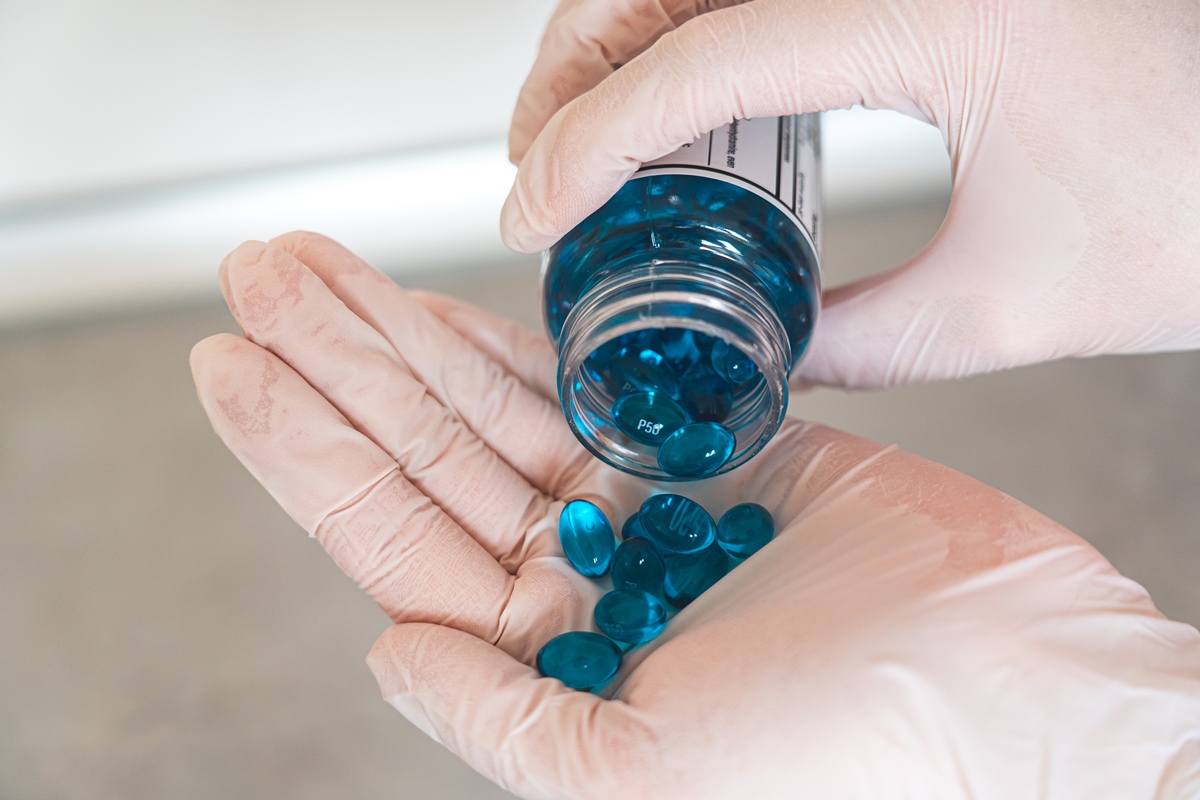Nootropics, also called “smart drugs” or cognitive enhancers, are said to improve mental performance and enhance cognitive functions. They have become increasingly popular because they help people focus better and think more clearly. While nootropics may not be a miracle drug, they offer some potential benefits for those looking to boost their mental performance.
The most common type of nootropic is a stimulant such as caffeine which helps increase alertness and concentration. Other types of nootropics include herbal supplements like ginkgo biloba or omega-3 fatty acids, which can help with memory recall and learning abilities. Some pharmaceuticals are used off-label for cognitive enhancement purposes.
Before taking any supplement for cognitive enhancement purposes, it’s essential to thoroughly research the product to determine its safety and efficacy profile. Usually, the recommended nootropic supplements are the best to take since thorough research has been done on them.
If used correctly, nootropics could provide users with improved mental clarity and enhanced productivity levels without significant side effects.
The science behind popular nootropic ingredients
Nootropics help improve cognitive functions such as memory, focus and concentration. While there is still much to learn about the science behind these ingredients, research has shown that certain nootropic ingredients can benefit mental performance. This includes caffeine which largely increases alertness and L-theanine, which helps to reduce stress and anxiety.
Bacopa monnieri is another ingredient that may help improve memory, and Rhodiola rosea helps with mental clarity and focus. While more research is needed to understand the science behind these ingredients fully, it’s clear that they can be beneficial for improving mental performance.
How can doctors help when evaluating different types of nootropics?
Doctors can be of great assistance in many ways. Some of those ways include evaluating the patient’s health and medical history. This includes looking at existing conditions, medications and supplements the patient is taking. Potential interactions between the nootropic and other substances can also be considered.
Moreover, doctors should assess a patient’s lifestyle habits, such as diet, exercise, sleep patterns and stress levels. All of these factors can significantly impact the effect of a nootropic on an individual. After evaluating all of this information, doctors can recommend specific nootropics that may benefit their patients based on their needs and provide guidance on the proper dosage and usage instructions for maximum effectiveness.
A guide to choosing effective and safe nootropic supplements
It is crucial to consider the safety of the nootropic supplements you are considering. This can not be understated, as it affects an individual’s overall health. Before making any purchase, conduct thorough research on the supplement’s ingredients. This may include checking for any potential side effects or interactions with other medications you may be taking.
Consider the supplements made from natural ingredients, as they are safer than their synthetic counterparts. Also, consider supplements tested by third-party organizations and certified as safe and effective since this will assure you that the product is high quality and contains only what is stated on the label.
It is also essential to consult a healthcare professional before taking any nootropic supplement, especially if you have any underlying medical conditions or allergies. Following these tips can significantly help you when considering the choice of nootropic supplements that are fit for you.






